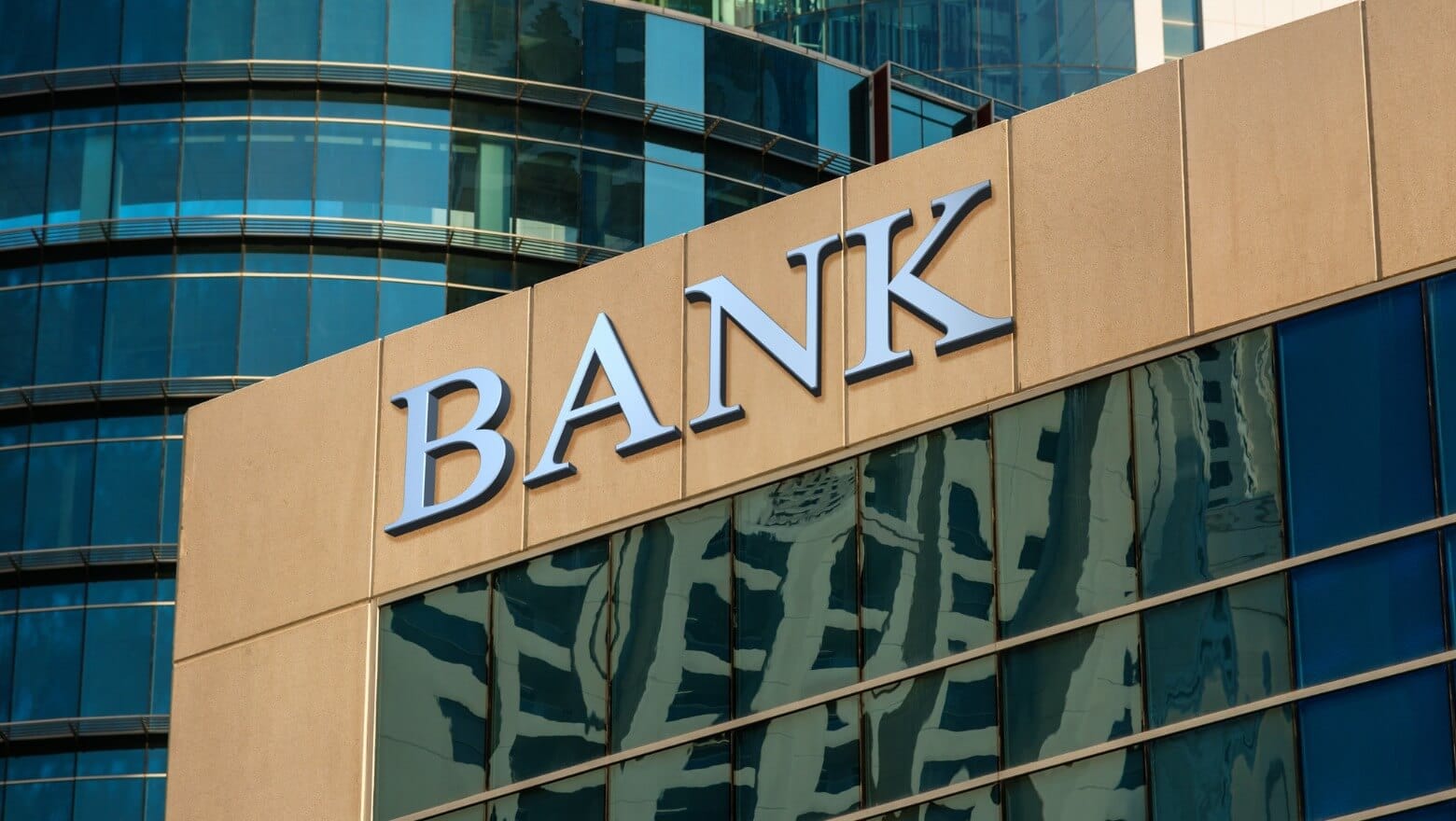Coinbase, Circle, BitGo, Explore Banking Charters for Mainstream Integration

The crypto industry is making a big step toward deeper integration with traditional banking, spurred by a shifting regulatory landscape and political support. Two years after a regulatory crackdown following the collapse of FTX and the failure of crypto-friendly banks like Silvergate Capital and Signature Bank, crypto firms are eyeing bank charters and licenses to bridge the gap with mainstream finance.
Companies such as Circle, BitGo, Coinbase Global, and Paxos are exploring these options, according to the Wall Street Journal. This push aligns with President Donald Trump’s vision to position the United States as a global leader in Bitcoin and cryptocurrency innovation, setting the stage for a new era of financial convergence.
The Trump administration’s pro-crypto stance has created a more favorable environment for these ambitions. Recent legislative efforts in Congress aim to establish a regulatory framework for stablecoins, digital currencies pegged to assets like the U.S. dollar to maintain stable value. Proposed bills would require stablecoin issuers to hold charters or licenses from regulators, prompting firms to pursue credentials that would allow them to operate more like traditional financial institutions.
Some companies are targeting national trust or industrial bank charters, which would enable them to accept deposits and offer loans. Others are seeking narrower licenses focused on stablecoin issuance. World Liberty Financial, a crypto venture tied to the Trump family, recently announced plans for a stablecoin called USD1, with reserves to be safeguarded by BitGo, a crypto custodian nearing its own bank charter application.
Stay In The Loop and Never Miss Important Crypto News
Sign up and be the first to know when we publishNavigating Regulatory Challenges
Securing a bank charter comes with significant regulatory responsibilities. Anchorage Digital, the only crypto firm currently holding a federal bank charter, has faced its share of hurdles since obtaining it in 2021. The San Francisco-based company spent tens of millions of dollars to meet compliance requirements, and in 2022, it faced a consent order from a regulator citing deficiencies in anti-money-laundering measures.
Despite these challenges, Anchorage’s chief executive, Nathan McCauley, emphasized that the crypto industry can align with the rigorous oversight applied to traditional banks. Anchorage has also expanded its role in mainstream finance, serving as a custodian for BlackRock’s iShares Bitcoin Trust and partnering with Cantor Fitzgerald and Copper in a $2 billion Bitcoin-backed lending program.
Stablecoins, which dominate the crypto market with Tether’s $145 billion and Circle’s USD Coin at $61 billion in circulation, are central to this integration. These assets, backed by cash or Treasury reserves, facilitate seamless trading in volatile cryptocurrencies. However, the industry’s push into banking follows a period of strained relations with major financial institutions. After the 2022 crypto market turmoil, many banks severed ties with crypto firms, leaving industry players struggling to secure banking partners. The recent rollback of rules requiring banks to seek approval for crypto activities, coupled with anticipated regulatory guidance, signals a thaw in these relations.
Some traditional banks are now reevaluating their stance. Bank of America’s chief executive, Brian Moynihan, indicated openness to issuing a stablecoin if a clear legal framework emerges. U.S. Bancorp recently announced plans to relaunch its crypto custody service through a partnership with NYDIG, a Bitcoin-focused firm.
Meanwhile, a consortium of global banks, including Deutsche Bank and Standard Chartered, is exploring ways to expand crypto operations in the U.S. However, caution persists. KeyCorp’s chief executive, Chris Gorman, acknowledged the competitive potential of crypto but highlighted ongoing concerns about regulatory compliance, particularly around anti-money-laundering safeguards.

